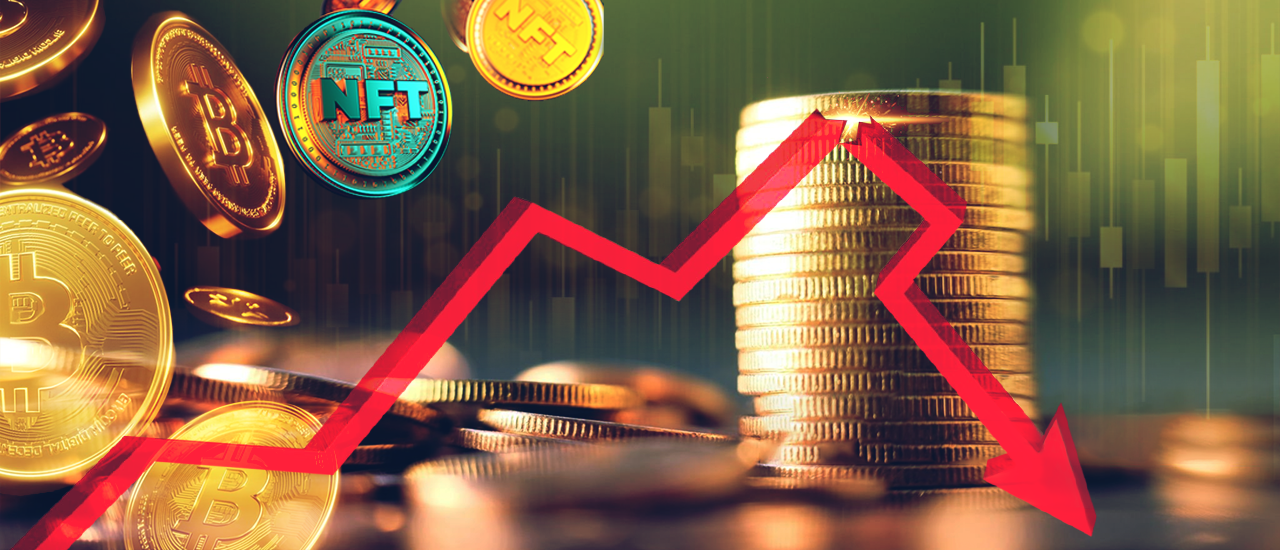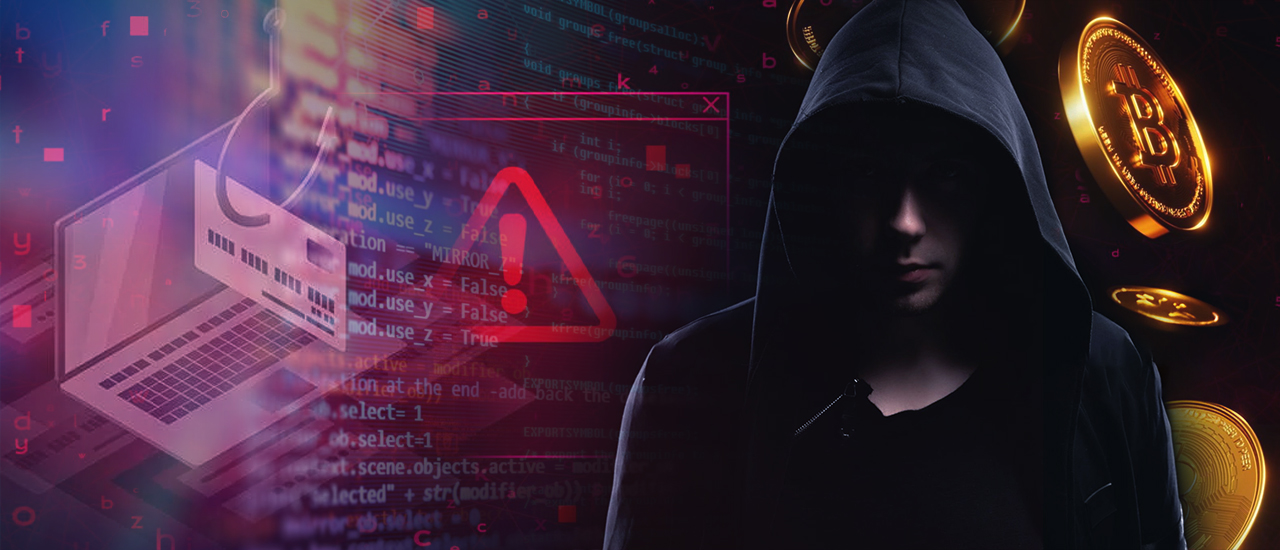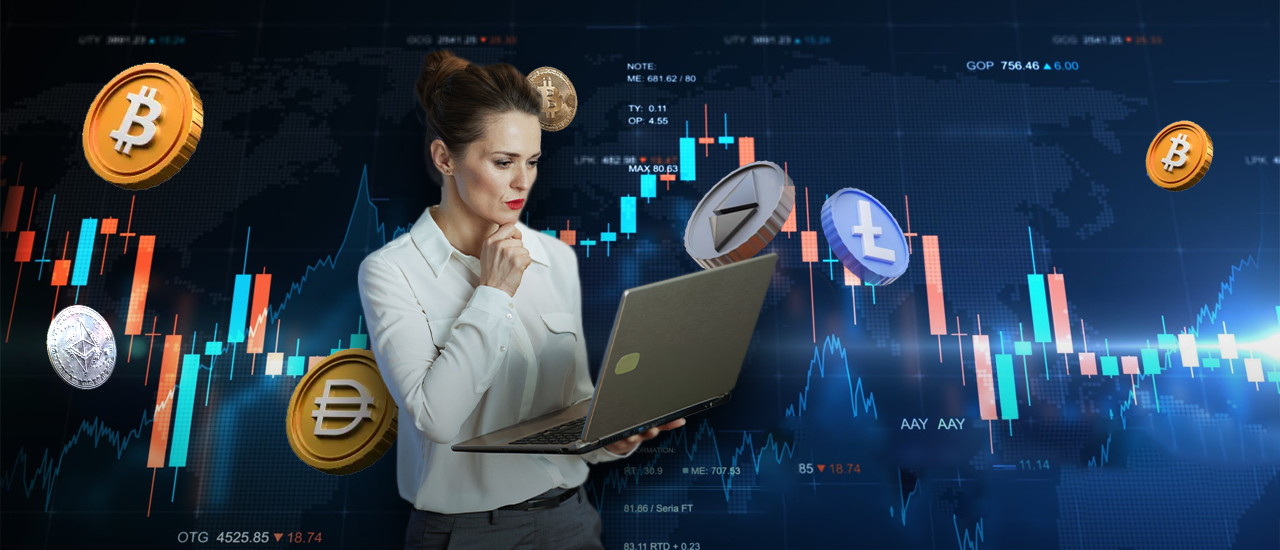Table of Contents
Due to the COVID-19 pandemic back in 2020, the world of cybersecurity has shifted in a different direction forever. But, it’s not just the real-life pandemic that people should stay safe from.
The change in the cybersecurity landscape has created a new pandemic entirely, and it’s already here. Today, we’re talking about a cyberpandemic and how you should stay safe from it.
What Is a Cyber Pandemic?
The term “cyber pandemic” was first coined in July 2021 at Cyber Polygon organized by World Economic Forum (WEF). The event created a simulated attack on a company’s supply chain and prompted the gathered individuals to coordinate real-time responses.
Ever since the start of the pandemic, WEF has been warning the masses about large-scale cyber attacks. With the Cyber Polygon event, WEF officially started to refer to the cyber attack events as a “cyber pandemic” collectively.
5 High-Risk Threats During The Cyber Pandemic
There are quite a few types of cyber attacks that can put organizations and their systems in great jeopardy. But a select few hacking methods are leading the charge on dealing the most lethal blows.
These methods of attacking have existed forever, but they became the main focus of the hacking world due to their convenience during the pandemic.
Threat #1: Ransomware
In the modern cyber business world, ransomware attacks can cause the largest disruptions to the operations of any organization. Ransomware locks out the access of critical files within a system behind a paywall, making it impossible for the system owner or user to access them.
The criminal demands payment in exchange for the decryption key, which the system owner can use to unlock the data. But there is rarely any chance that the victim will get the data back even after paying, as the hackers often just take the money and vanish.
When sensitive data regarding a company gets locked indefinitely, the company loses functionality, as well as credibility from business associates and customers alike.
Threat #2: Data Theft
Data theft is when malicious actors steal company secrets, or customer information and sell them to the highest bidder. Data and information is the most valuable asset on the internet, and there is a high price for data in the right places.
Many attackers take advantage of this and steal data from various organizations to sell it on the black market. As a result, many organizations have their trading secrets, or critical information leaked out in the open. The problem doesn’t stop there either.
When sensitive company data gets leaked, and if the competitors of the said company can get a hold of the leaked information they can make business decisions that’ll outsmart the affected company, resulting in further losses.
Threat #3: Intellectual Property Theft
Creative organizations such as gaming studios or software companies contain proprietary source codes of the games/software they develop. These are considered intellectual properties.
There are many attackers who are constantly on the lookout for opportunities to steal data and leak it to the masses. Doing so hurts the credibility of the studio/ company, as well as generates negative publicity from the general audience.
A great real-life example of it took place recently, where a rogue employee from Rockstar Games Inc. leaked the pre-alpha build of their upcoming game, Grand Theft Auto 6. The leak caused massive outrage among the fanbase of the game, as well as created negative press.
Threat #4: Dangerous Websites Spreading Misinformation
During the pandemic, many websites started appearing on the internet, claiming to be containing accurate information regarding the pandemic and its cure, and other information.
Most of these websites are run by people who do not have a certified medical degree and cannot be considered medical professionals to provide such opinions. To make it even worse, most of these websites spread malware to the visitors of the website.
These websites contain malware and disguise themselves as either helpful software or app or as data file containing detailed statistics regarding the pandemic. Though many of these sites have been taken down, there are still sites that are operating.
Threat #5: Phishing Scams
Phishing scams have been around since the dawn of social media. During the COVID pandemic, the phenomenon has become even worse.
Hackers have been constantly on the lookout for vulnerable individuals they can steal financial information. The pandemic has given these attackers even more chances to be more creative. A few of the ways include
- Donation pages where they promise you can “donate to relief organizations” using bitcoins by scanning a QR code
- Creating access points for information that they advertise as “things the government doesn’t want to tell you”
- Product buy pages for supplies you can use to prevent the infection from spreading
- Purchasing COVID vaccines via online transaction methods (PayPal, CashApp, Venmo, etc.)
Effects of The Cyber Pandemic
Though governments of different countries and various organizations are teaming up to create updated regulations to prepare for a cyber pandemic, there could be a lot of backlashes if all things are considered.
To ensure a higher level of security against cyberterrorism across the globe, the measures being taken could result in less personal freedom online for the sake of security.
Though security is becoming an increasingly important concern, it’s been nearly impossible to create a compromise between individual freedom and security.
How You Can Protect Yourself During A Cyber Pandemic
The idea of protecting your systems and devices against an onslaught of cyber-attacks may seem pointless in the beginning, but the real goal here is to minimize the damages and reduce the rate of attacks that can affect you.
With that being said, here are some effective ways to protect yourself during this ongoing cyber pandemic
Don’t Use Basic Credentials
Don’t use basic passwords such as your name, phone number or your date of birth. Always use passwords that have numbers and special characters included in them. It makes the password stronger, and malicious actors will have a harder time cracking the code.
Another way is to use a password generator and password library apps. You can randomly generate a password, and instead of remembering it or noting it down, you can save them in a password manager app.
Read Before You Agree
Many suspicious/ malicious apps gain access to your devices and your data just by adding a few technical clauses to their T&C agreement. Before you agree to the terms of any app, always make sure to read it thoroughly to check if they suit your convenience and privacy.
Keep Your IoT Devices Up-to-Date
This is a rather obvious one, but something many either overlooks or forgets. No matter the type of IoT device, always make sure to keep them updated.
Sometimes a certain version of a physical device doesn’t support the latest software update. In that case, make sure you update the model of your device as well.
Disable Unnecessary Ports
Many devices get infected or hacked simply because of a rogue flash drive. To ensure your system is risk-free from incidents like this one, always disable UPnP on your devices, and only plug-in devices that you know for a fact are safe, and have been checked beforehand.
Create A Guest-Only Network
We all have guests coming over to our homes all the time. But you can never tell when someone’s using your home wifi access to take over the network and perform malicious acts.
To keep your home network safe, always create a separate guest network on your home network. That way they don’t have access to the main network infrastructure in any way.
Don’t Use Public WiFi For Home Devices
There are many who use public wifi to connect to IoT devices at home and operate them. This is a habit you should ditch as fast as possible if you wish to keep your home network safe.
Public network access points have little to zero restrictions in place. As a result, anyone can trace and access the same devices you accessed using the public network to infect or take over them completely.
When you’re in a public place, it’s a safer option to use mobile data instead of public wifi access in case of an emergency.
Wrap-Up
The COVID-19 pandemic has forever changed the cybersecurity landscape, giving rise to a new threat known as the cyber pandemic. Ransomware, data theft, intellectual property theft, dangerous websites, and phishing scams are the top risks during this crisis.
To stay safe, individuals should use strong passwords, read app terms carefully, keep IoT devices updated, disable unnecessary ports, create guest networks, and avoid using public Wi-Fi for home devices. Balancing security and personal freedom is crucial, and only collective efforts can build a resilient and secure digital future.
GET OUR BEST IDEAS AND LATEST UPDATES TO YOUR INBOX
We’ll send our best articles, videos, and exclusive content right to your inbox. It’s free.

 USA
USA
 UK
UK







